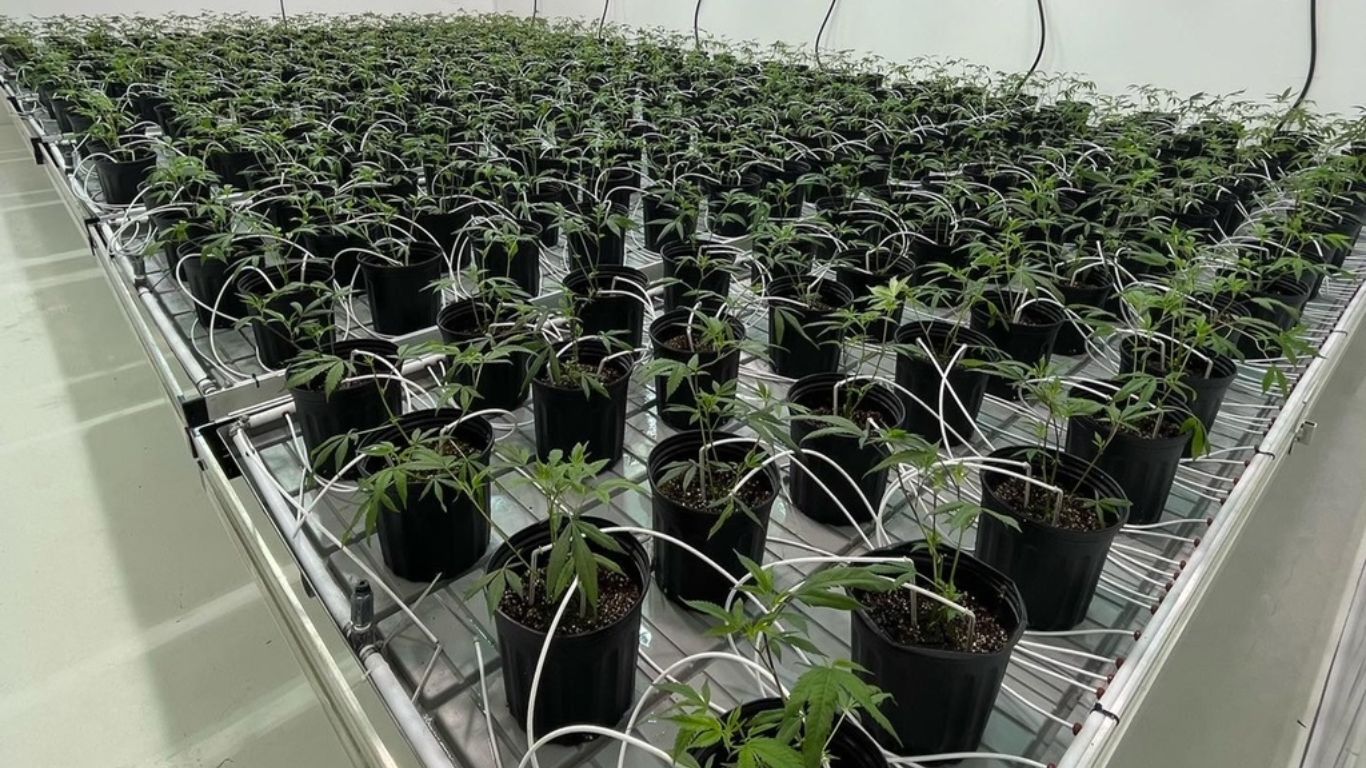
The Manitoba NDP say they want to take a “close look” at the province’s private retail cannabis program if they form government following an upcoming election this fall.
Representatives with the provincial NDP, which is currently leading in the polls, made the comments on Monday as part of the party’s efforts to hold back the passage of two bills from the Progressive Conservative (PC) government that seek to open up alcohol sales in the province.
The NDP used procedural rules to delay the two votes, while also saying they may want to revisit the province’s retail cannabis model if elected. In response, the PCs accuse the New Democrats of favouring a “nanny state” approach.
Lisa Naylor, NDP critic for liquor and lotteries, told the house that the private system for cannabis sales may not benefit the province.
“I think it’s safe to say that’s something we need to look at closely,” Naylor said.
“We understand that private sales of cannabis were brought in under the PC government, and I know that that’s not the norm across the whole country,” she added. “So I think it’s safe to say that if we’re elected, we’ll take a close look at all of the decisions that were made regarding cannabis when we weren’t the ones at the table making those decisions.”
Manitoba currently lists more than 175 private retail stores, most of them located in Winnipeg. The private retail model was put in place by the Manitoba PCs in 2018.
Most provinces and territories in Canada have a private or mixed retail model that also includes government-run stores, as well as distribution. BC has had a mixed model in place since the beginning of legalization, while New Brunswick began the process of accepting applicants for the process of adding privately owned stores to their public retail model.
Alberta, Saskatchewan, Manitoba, Ontario, Newfoundland and Labrador, as well as all Territories have private retail models. Quebec, Nova Scotia, and PEI have public-only models run by the provincial government.
Manitoba and Saskatchewan are the only provinces that currently allow all producers to sell directly to private retailers in each province.
A 2017 survey showed that around 21 percent of Manitobans reported using cannabis in the past year.
In late 2022, the Manitoba government announced plans to repeal the 6% social responsibility fee it imposed on retailers. The bill has not yet moved beyond first reading.
The fee was originally put in place to ensure cannabis stores contributed to the social costs that were expected by some to come with legalization, such as increased health costs, public education, and addiction services. The government now says they want to remove it to better help cannabis retailers compete with the illicit market.
In the three years that the fee has been in place the province has brought in around $2.4 million to pay for these kinds of services. Since then, the cannabis market in the province has grown significantly.
“After four years of legalization, the cannabis market is maturing, the regulatory costs to the province are well known, leading to the repealing of the social responsibility fee and the transition to a new taxation regime for the long term,” said provincial Minister of Finance Cameron Friesen. “Repealing the social responsibility fee will continue to reduce the cannabis cost to consumers looking to switch from the illegal market.”
Manitoba also launched a “cross docking” service in 2022 to address some of the challenges the province’s direct-to-retail distribution can pose.
H/T to The Star.
Featured image of Jupiter Cannabis Store in Winnipeg.











